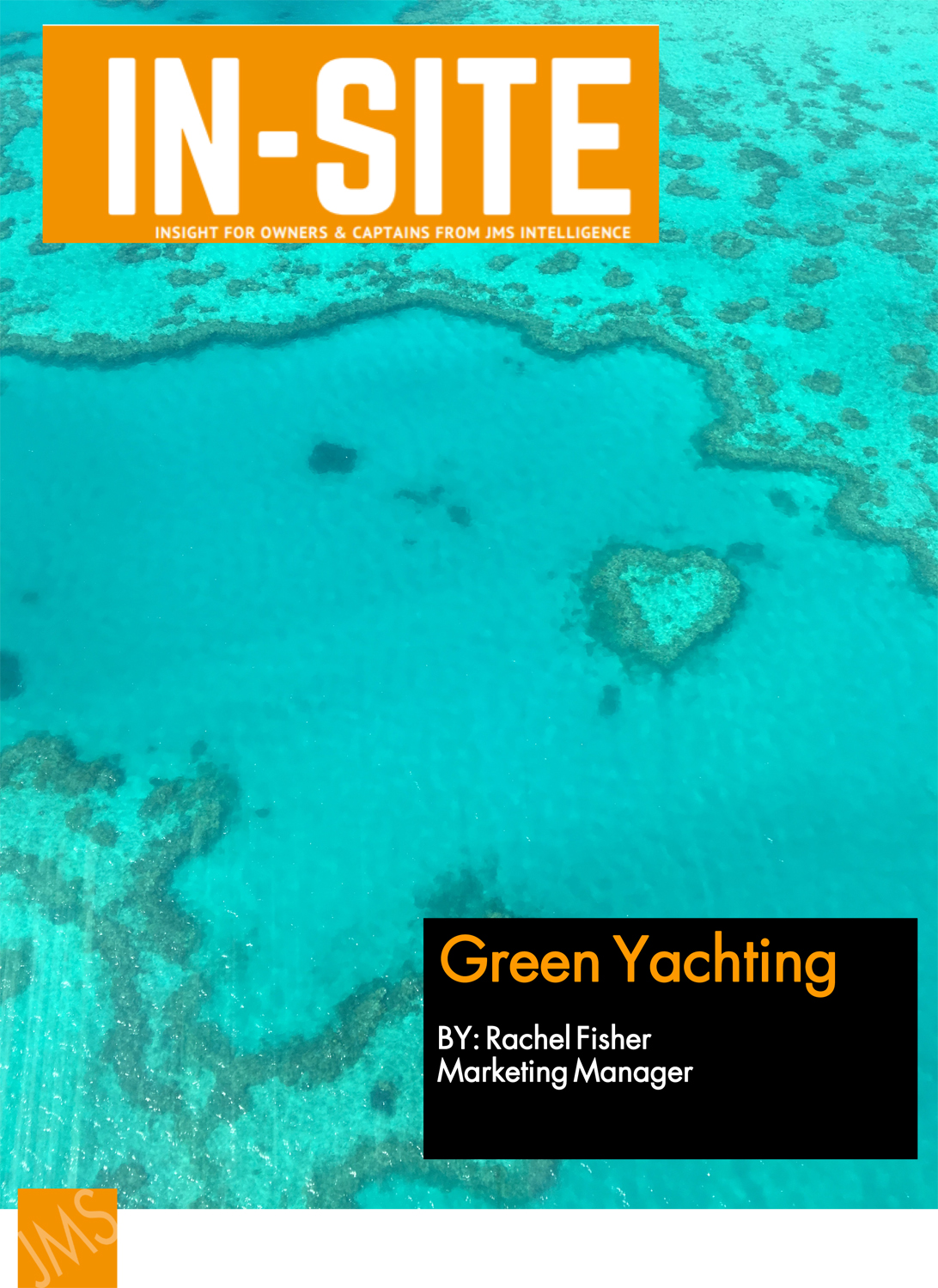DECREE ON DIFFERENT PRACTICES IN THE TERRITORIAL SEA
AND FRENCH WATERS WITHIN THE MEDITERRANEAN
The provisions of this decree are applicable to ships flying the French flag or flying flag of a
third state, with due respect for the right of harmless passage recognized by the International
conventions in force, as well as applicable laws and regulations, sailing in the territorial sea or
the French internal waters of the Mediterranean. This decree does not apply in estuaries,
upstream of the transverse limit of the sea, in ports, within administrative boundaries, and in the
maritime and river zone of regulation (ZMFR) of the large maritime port of Marseille (GPMM)
defined by inter-prefectural decree no. 48/2021 of March 25, 2021 referred to above. This
decree applies, however, to areas subject to compulsory pilotage, located outside the
administrative limits of the ports or the aforementioned ZMFR.
ARTICLE 2: Preservation of
Fireworks fired from the marine environment are subject to declaration to the maritime authority
in view of the stakes in terms of maritime safety and preservation of the marine environment.
ARTICLE 3: Preservation of marine biodiversity
a) Protection of Posidonia meadows
Posidonia meadows, as a species protected by the environmental code, require
enhanced protection to prevent them being torn off by the anchors of ships.
Strengthening this protection is achieved by the establishment of mooring areas in
addition to the measures taken for maritime security and state security. These measures
are set out in the framework of the decrees relating to the anchoring and stopping of
vessels in French internal and territorial waters of Mediterranean.
b) Protection of marine mammals
In addition to the national measures taken for the protection of marine mammals in
marine protected areas, the voluntary approach, within 100 meters, of marine mammals
by a vessel is prohibited in internal waters and the French territorial sea in the
Mediterranean.
ARTICLE 4: Preservation of public tranquility at sea
The emission by a ship of noise above the sea surface must be limited to that
corresponding to its normal navigation mode. The disturbances that may be caused by
sound emissions carried out for leisure or within three nautical miles of shore, both for
the safety of other vessels and for the public tranquility and the marine environment.
Consequently, the captain of the vessel and his occupants will take care to avoid noise
pollution from this type and likely to harm the immediate environment. It is the same for
any diffusion of amplified sounds that may affect public tranquility.
ARTICLE 5: Reduction of unnecessary light sources
In view of the imperatives of maritime safety and the preservation of biodiversity, the
lighting of vessels should be limited to what is strictly necessary. In order to limit the light
pollution that generates, at night, loss of navigation markers and disturbance of marine
flora and fauna, it is prohibited to use any light source not essential for navigation and
life on board. As such, the devices intended to illuminate the seabed are prohibited three
hours after sunset. This provision does not apply to professional fishing vessels using
sources lights allowed.
ARTICLE 6: Exceptions related to force majeure, safety, rescue, and special operations
This decree is not applicable to ships engaged in security actions or operations or rescue
at sea and to French State ships and to ships chartered by the French Navy as part of
their missions.
ARTICLE 7: Prosecution and penalties
Infractions of this decree expose their perpetrators to prosecution and penalties provided
for by the Articles L.5242-2 and L.5243-6 of the Transport Code, L.218-15 of the
Environment Code and R.1337-6 to R.1337-10-2 of the public health code and by
articles R.610-5 and 131-13 of the penal code.
POINTS TO CONSIDER
That the internal waters and the French territorial sea in the Mediterranean Sea constitute spaces subject to compliance with the rules defined by signed international conventions and ratified by France as well as the applicable national legislation and regulations. To this double title, France is attached to the freedom of navigation;
that the strong increase in maritime activities makes it necessary to adopt measures intended to facilitate their compatibility with each other and to preserve public order at sea;
the essential character and the fragility of the economic, social and cultural heritage of the marine ecosystem of the Mediterranean Sea, which should be protected and when practicable, to restore;
France’s obligations in terms of maintaining the good ecological status of waters;
that it is also important that these activities be carried out in accordance with the protection of the marine environment, and particularly the protection of biodiversity and marine ecosystems, in the pursuit of sustainable development;
that for this protection purpose, France has adopted a network of areas in the Mediterranean protected marine areas covering a substantial part of its waters under jurisdiction, thus establishing protective measures differentiated according to the areas, habitats or species concerned;
that in order to strengthen the preservation of the marine environment in waters under French jurisdiction in the Mediterranean, it is essential to define a set of technical measures establishing in the French territorial sea and internal waters a common body of practices durable and compatible with this objective.
that due to the richness but also the fragility of its marine life, the Mediterranean represents a major biodiversity issue that should be preserved in waters under sovereignty from France. As such, some protected species are subject to specific protection measures under the navigation police. Considering that the rejection of garbage including food waste, household waste, waste from operations or festive events as well as any product containing or based on material plastic, glass or metal is already repressed by the MARPOL Convention and its annexes, and that these provisions apply to all vessels regardless of their size and tonnage (UMS)
that limiting radiated noise at sea is both a maritime safety issue, public order and environmental protection:

